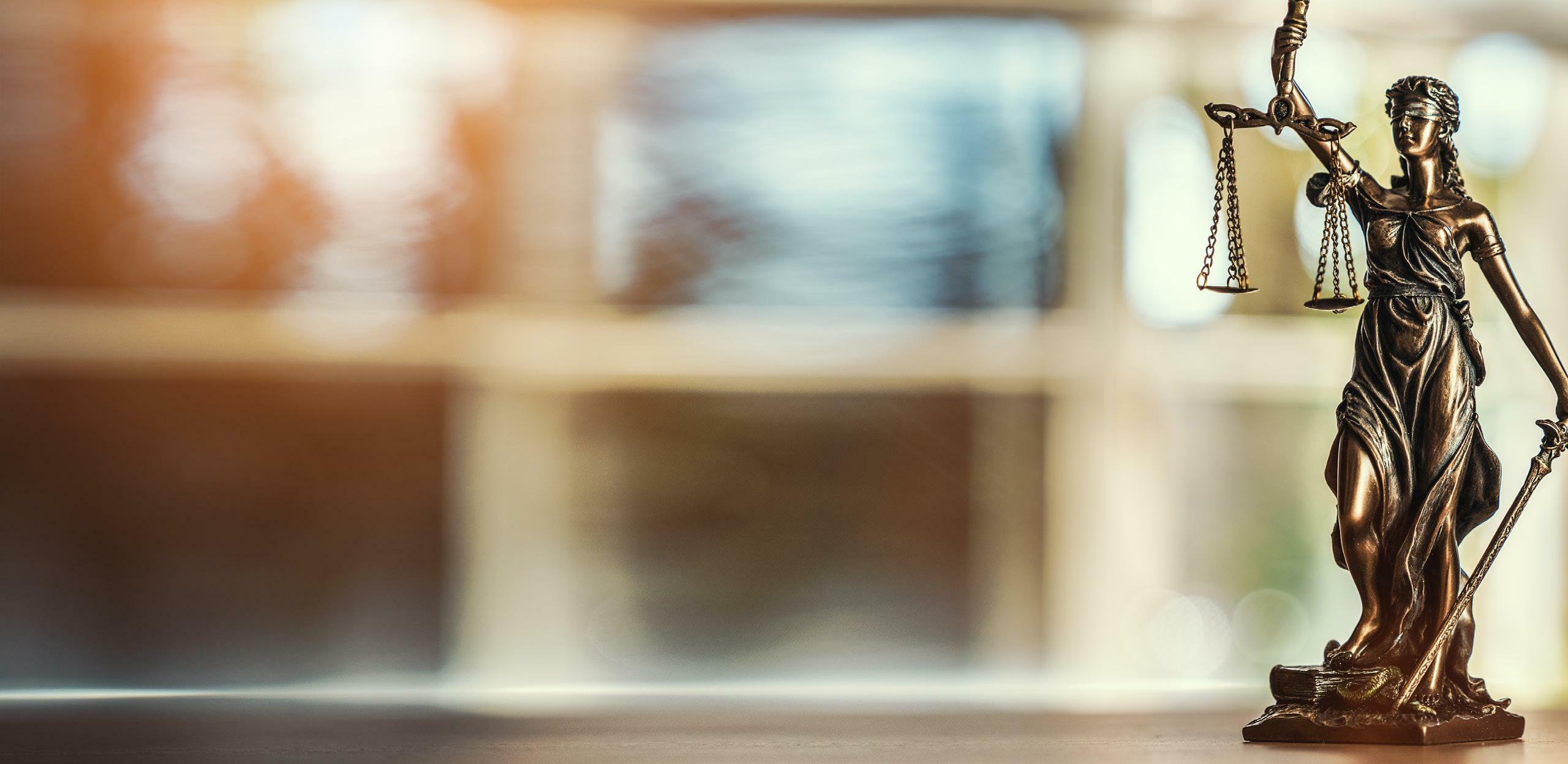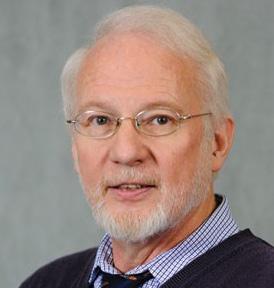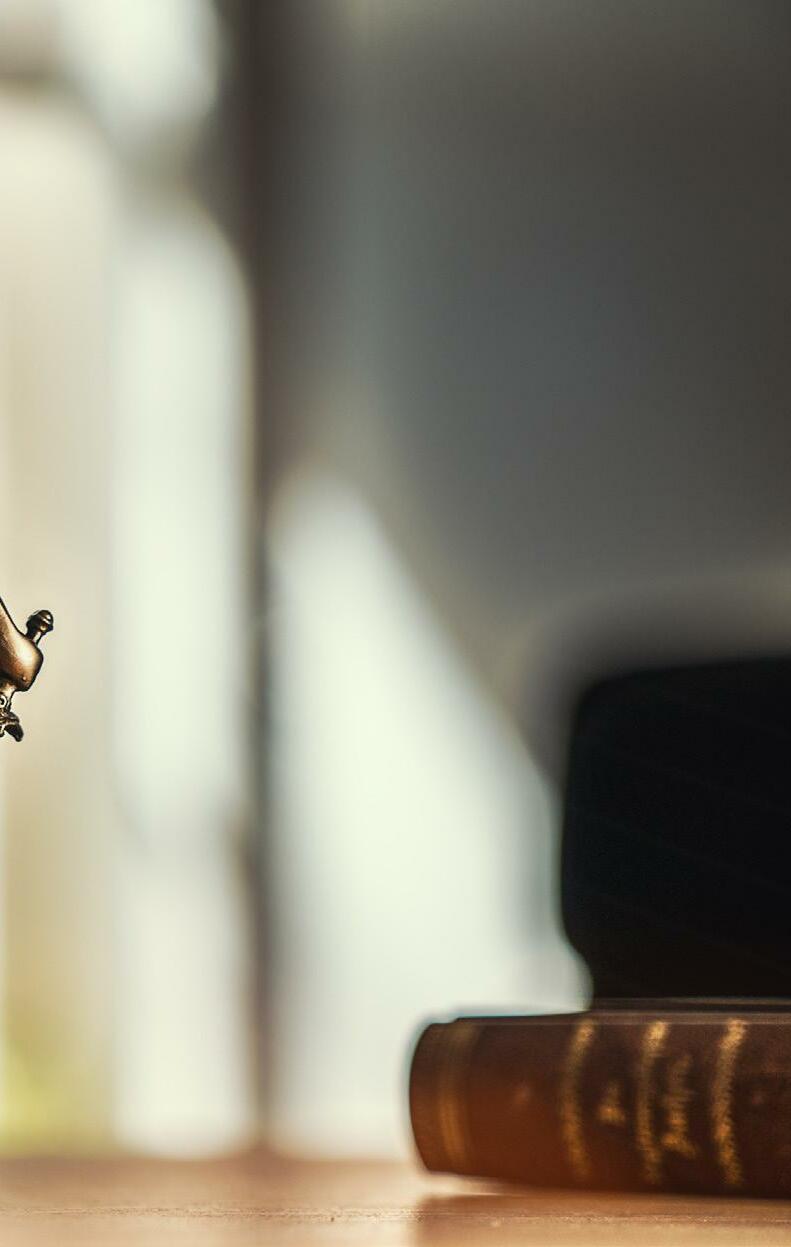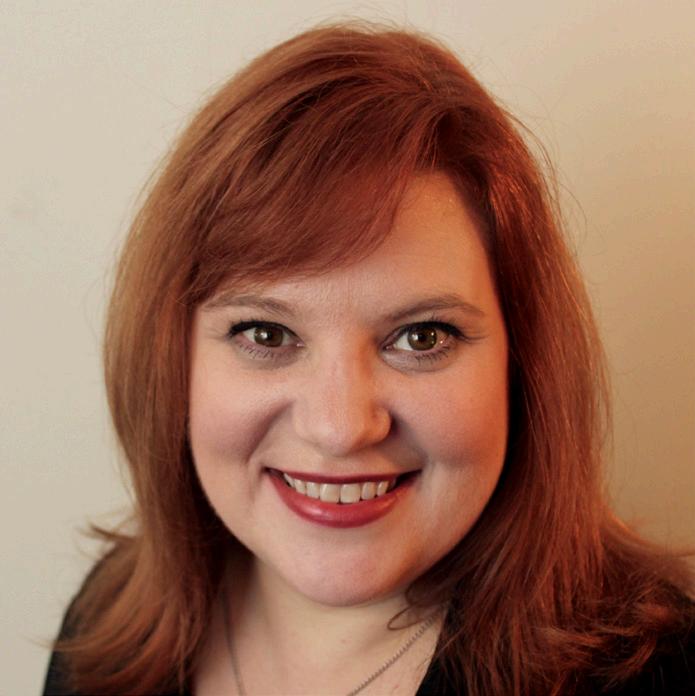
5 minute read
Legal Forum: “A New Rule on Controlling Student Speech”
A New Rule on Controlling Student Speech?
The U.S. Supreme Court will hear oral arguments in early February 2021 on a case where a student was punished because of her speech on social media. The Supreme Court has delivered opinions regarding student speech only four times in our nation’s history, each time crafting a new rule regarding the permissibility of school administrators to punish a student when the administrator believes the student has violated school rules. The case, B.L. v. Mahanoy Area School District, 964 F.3d 170 (3rd Cir. 2020), S.Ct. Case No. 20-255, is the subject of this commentary. A decision is not expected before June of 2021.
Before 1969, student speech was just another student behavior which could be punished under school rules, with no distinction between speech behaviors and action behaviors. But at the height of the Viet Nam conflict, the Court held in Tinker v. Des Moines Independent Community School District, 393 U.S. 503 (1969), that school administrators could not punish student speech unless the administrators could show that the speech would cause a “material and substantial disruption,” which was originally conceived as a fairly high standard. Three later cases provided additional rules, which were categorical exceptions to Tinker’s higher standard. In Bethel School District No. 403 v. Fraser, 478 U.S. 675 (1986), the Supreme Court permitted school administrators to punish student speech that was “obscene, profane, lewd, indecent, vulgar, or plainly offensive.” The lower courts have taken this rule to mean that school administrators could control student speech, in which the administrator views the speech as sexual speech or innuendo. In Morse v. Frederick, 551, U.S. 393 (2007), the Supreme Court extended the Bethel rule, to permit school administrators to control student speech, in the school setting or at student activities, which the administrator views as being drug-related speech. A fourth case originated in a situation where a principal stepped in to edit two articles out of a school newspaper. In Hazelwood School

Dr. David Dagley
Dr. Dave Dagley serves as professor emeritus of educational leadership with the University of Alabama. Dagley holds the PhD degree from the University of Utah and the JD degree from Cumberland Law School. He has served as a teacher, principal, assistant superintendent, superintendent, and school board attorney. Dagley is a frequent presenter at CLAS events on various legal topics.
He has also been a long-time contributor to this publication.


Dr. Amy L. Dagley
Amy Dagley, PhD, is an assistant professor in educational leadership at the University of Alabama at Birmingham. She previously worked for the University of Louisiana at Monroe, and as a public educator in Alaska. She has earned bachelors and masters degrees from the University of Alaska Southeast, and a PhD from the University of Alabama.
Amy Dagley is the daughter of long-time columnist for this magazine, Dr. Dave Dagley. District v. Kuhlmeier, 484 U.S. 260 (1988), the Supreme Court held that speech that would be considered in the larger community as the school’s speech is not protected by the First Amendment and therefore remains under the control of school administrators. The Hazelwood exception has been construed by the lower courts broadly, to include not just student publications, but wider applications, such as choice of athletic mascots, selection of textbooks and instructional materials, and individual teacher speech in the classroom.
Now, some background on this new case. B.L. was a freshman high school student in Pennsylvania late in the spring of 2017. Although she had been on the junior varsity cheerleading team, she had just learned that she had not been selected for the varsity team for her sophomore year, but would continue on the junior varsity team. Especially disappointing was that an incoming freshman had made the varsity team, but she had not. She was also unhappy with her progress on a private softball team, and she was anxious about final exams. She was upset and frustrated. On a Saturday, she was with a friend at a local store, and she vented her frustrations with a Snapchat “snap.” She took a photograph of herself and her friend with their middle fingers raised and posted it with a vulgar caption showing disdain for school, softball, and cheerleading. A teammate took a screenshot of B.L.’s snap and sent it to one of two cheerleader coaches. The second cheerleader coach had already received multiple reports of the snap, and the two coaches conferred to decide that B.L.’s snap had violated team and school rules. Among those rules were showing respect for their school, coaches, and other cheerleaders; avoiding foul language and inappropriate gestures; refraining from sharing negative information about the cheerleading team on the internet; and, conducting themselves in a way that would not tarnish the image of the school district. The coaches removed B.L. from the team for the next year, and B.L. lost her appeals to the athletic director, principal, superintendent, and school board. B.L. sued the school district for violating her free speech rights.
The federal district court granted summary judgment in B.L.’s favor. The district court ruled that B.L.’s snap was off-campus speech, so (even though B.L.’s speech decidedly included sexually-suggestive language) the rule in Bethel did not apply. The court also ruled that B.L.’s snap had not caused any actual, foreseeable, or substantial disruption in the school, so that the rule in Tinker did not apply. The school was ordered to pay nominal damages and expunge B.L.’s disciplinary record, and the school appealed to the Third Circuit Court of Appeal. The appellate court agreed with the district court, holding that Tinker does not apply to off-campus speech, which it described as speech that is outside school-owned, -operated, or –supervised channels and that is not reasonably interpreted as bearing the school’s sponsorship or imprimatur. The Supreme Court then decided to hear the case.









